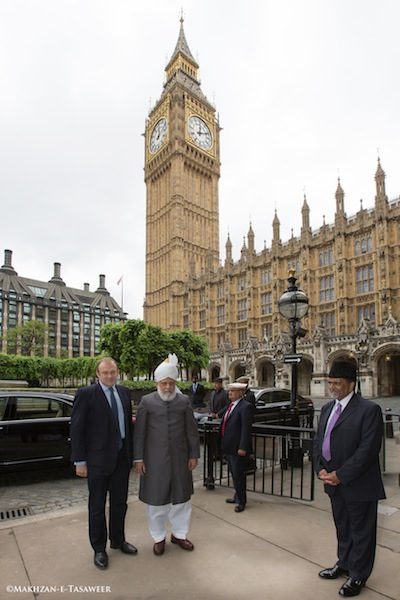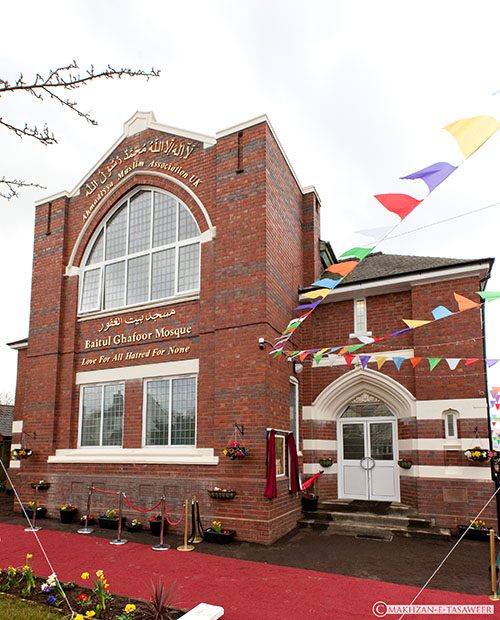Is there a conflict of interest between being a Muslim, and being loyal to one’s country?
In so many parts of the world now, people of different religious denominations seem to be demanding autonomous states for their own religion. This is resulting in armed struggle and terrorism across the globe, particularly in Africa, Asia and the Middle East. Almost all conflicts arise from political or territorial pursuits to gain control of natural resources or other economic interests. However, Sometimes, of late, we can ask whether, in fighting for their faith, these people are collectively fighting for all members of their faith, or for a particular sect or viewpoint, and if that is the case, what would be the condition of minorities within their faith should they be successful in achieving a separate religious state. I think we all know the answer.
The truth is that faith and spirituality is a personal journey, and a person can achieve fulfilment from one’s faith and relationship with God wherever one’s living. Faith grows stronger when a person can engage in debate and reaffirm one’s views amidst a spectrum of other beliefs and practices. If a religion is true, then why should anyone be afraid of debate and research?
For a Muslim, loyalty to one’s country in an integral part of faith; one must be loyal to one’s country if that country tolerates one’s religious practices. Muslims should encourage their legislators to be tolerant to people of all faiths, and to encourage a free and dignified inter-faith dialogue without fear of persecution. If moves are made in that direction, what need would there be for each faith to need its own independant state?
In the history of Islam, great civilizations such as Al-Andalus in Spain were recognised for their religious tolerance and focus on education and debate. Many of the modern states are not even a shadow when compared to such cultural highs.
Britain has a history of immigration for centuries, and a tolerance of people of all faiths. You only have to look at the changing landscape of London and the other cities to see just how many Mosques and Islamic Centres have sprung up in the last fifty years, as well as Synagogues, Temples and Churches for faiths of all denominations. All of these groups also have total freedom to publish and distribute their literature, and to engage in a decent debate on their beliefs and practices. Surely this is the Islamic approach in practice.
Elsewhere also there are examples of countries which might be largely Buddhist, Islamic, Christian or of some other faith, but tolerate people of all other faiths in their countries. This is the Islamic model that we should aim for, rather than a state in which a handful of zealots are able to impose their blinkered world-view on the rest of the population.
This issue features a visit by Hadhrat Mirza Masroor Ahmad to the British Houses of Parliament and then to the opening of a new mosque in Bradford, in the north of England. This is a celebration of the British freedom to worship, and an example to many other countries to follow.
For a Muslim in Britain, there is absolutely no conflict between one’s adherence to one’s faith, and one’s loyalty to Britain, and long may that continue.




Add Comment